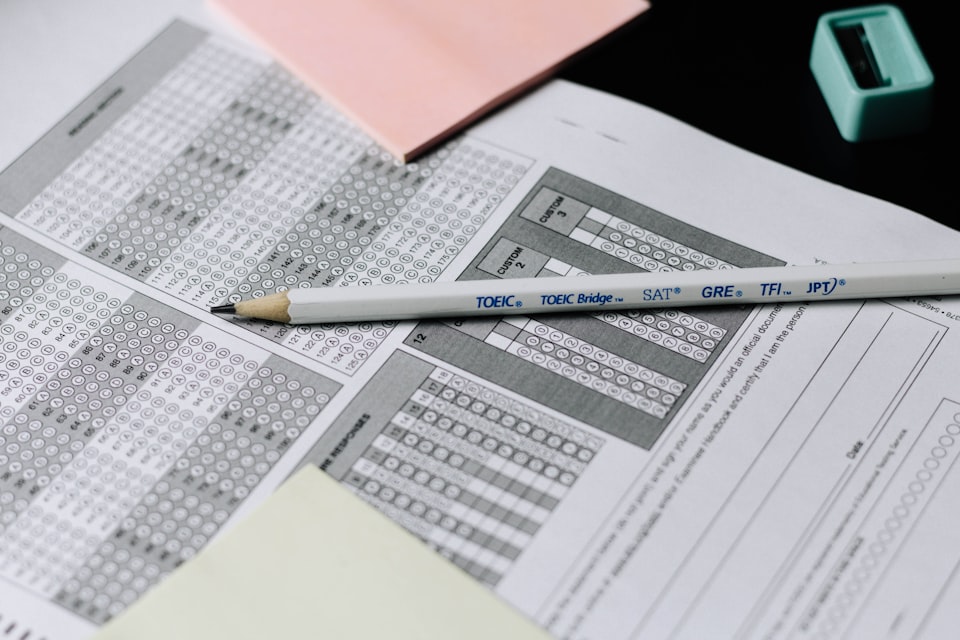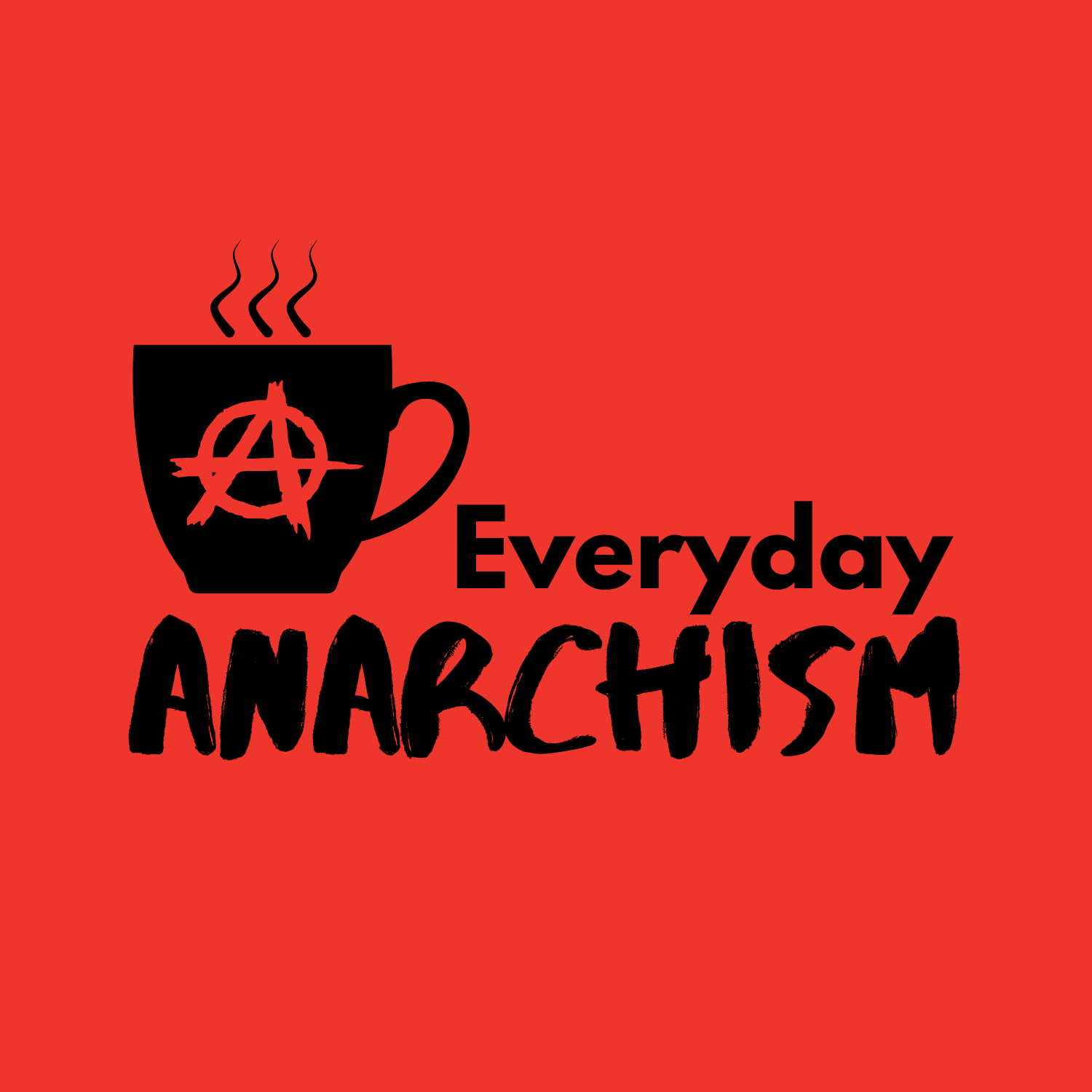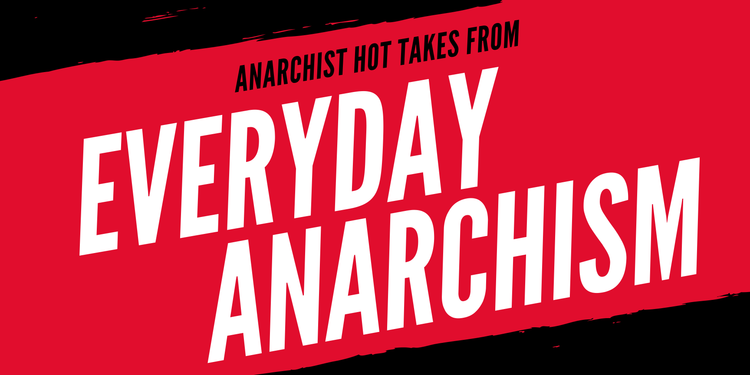Inclusive Excellence

Welcome back to Anarchist Hot Takes, the weekly newsletter from Everyday Anarchism.
It's hard to imagine being against excellence. I mean, who could be against excellence? Isn't excellence, well, excellent?
An entire book could be written on what's wrong with excellence; in fact many, many books have! The emperor of excellence has no clothes; I taught an entire class on the problems with the "meritocracy" and the idea of excellence. The books just keep streaming out about what's wrong with excellence; the best, in my opinion, is Bill Readings' The University in Ruins but you can't go wrong with William Deresiewicz's Excellent Sheep.
The basic critique of excellence is pretty simple. If you want excellence, you have to define excellence. No one knows what excellence is, though; it is a term without a definition. This is sometimes referred to as a "thin" concept; everyone agrees on love, but only because they haven't collectively defined the term. And once you start defining "love" more thickly, you lose that agreement.
So everyone wants excellence, but that doesn't really mean anything. Luckily, corporate America, the universities, and the testing-industrial complex decided to give us a definition of excellence. Excellence is high IQ scores, high SAT scores, Ivy League degrees, etc, etc. And lo and behold, all of these institutions are designed to sort and cull, turn life into a competition, weed out the losers, and reward winners (and cheaters) with fabulous wealth and success. You might think that's not so excellent, but it's too late - excellence now means this kind of competitive, metric-driven, winning-oriented process.
Excellence, thus, is fundamentally against inclusion. You cannot have excellence and inclusion. Excellence means, and has meant for roughly a century, exclusion. You have to pick winners and losers if you want excellence; that's the definition of excellence.
So the powers that be have a problem. Their entire system is based around excluding people. But exclusion (an older term is "discrimination") is a bad thing. They pretend, at least, to believe that exclusion is bad. The solution seems pretty simple to me: pick one. We can run our lives on the idea of inclusion or of excellence. And you know which one is better, kinder, and more humane (actually, everyone who has looked at it has seen that "excellence" doesn't actually produce better leaders, workers, teachers, etc. Competition isn't actually very excellent, in the way that you might use that term. But our Dear Ivy League Leaders are firmly committed to their definition of excellence by exclusion. They can't conceive of another way).
We have been granted, now, the worst of both worlds. As I look at job listings for universities, they now frequently call for "inclusive excellence." You must be committed to excluding people from schools, jobs, and opportunities. That's just excellence. But you must also be committed to including those who have been excluded. Welcome to the ultimate cognitive dissonance: please exclude as many people as possible (colleges are ranked by how many people they reject) while making sure to include as many people as possible.
Inclusion would mean so many changes. It would require food, shelter, and healthcare for everyone. It would also require things like Harvard admitting substantially more people at a substantially lower price. It would require, in short, the end of withholding opportunities based on excellence. "Inclusive excellence" is impossible. And if anyone is using that term, they've shown what side they're on.




